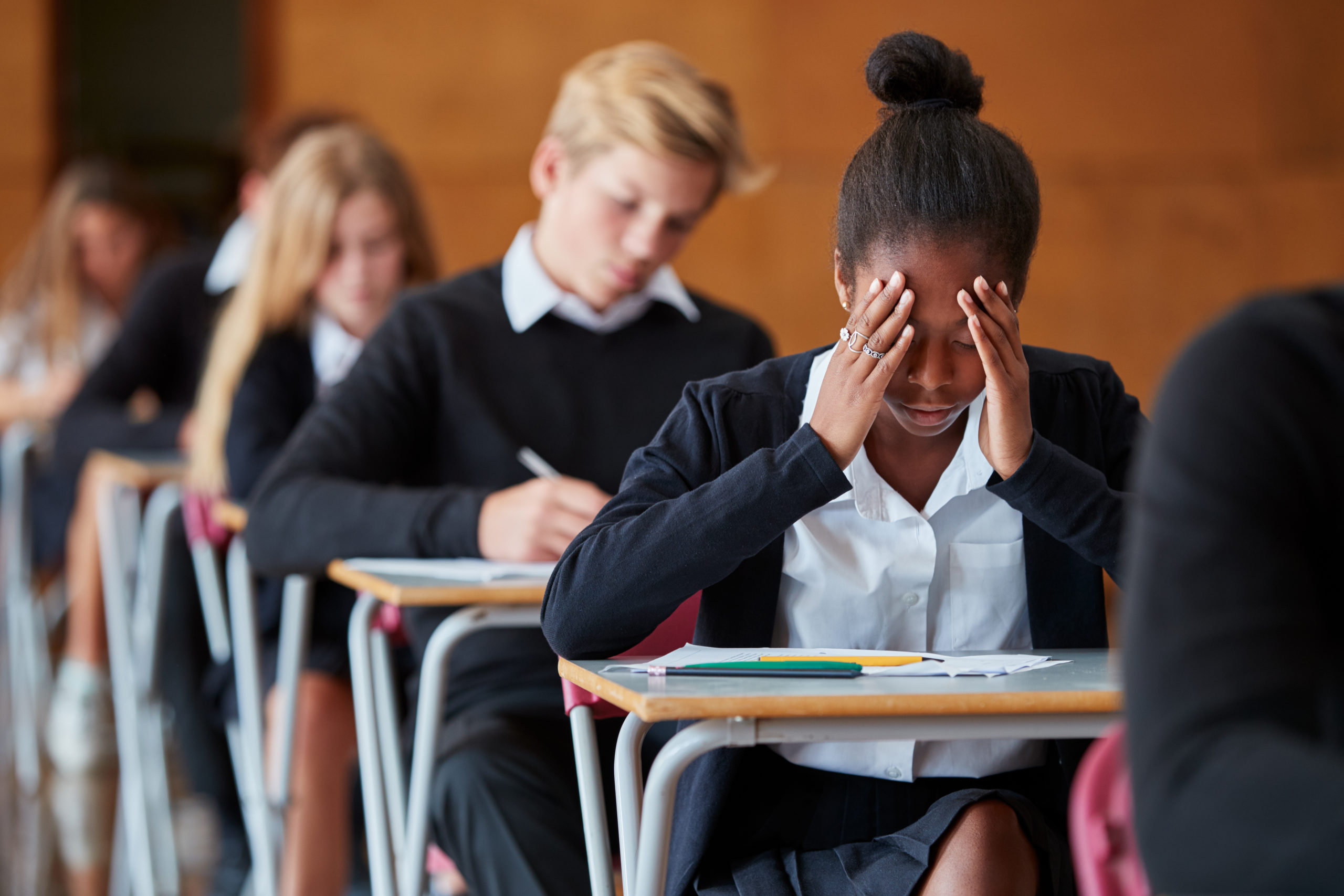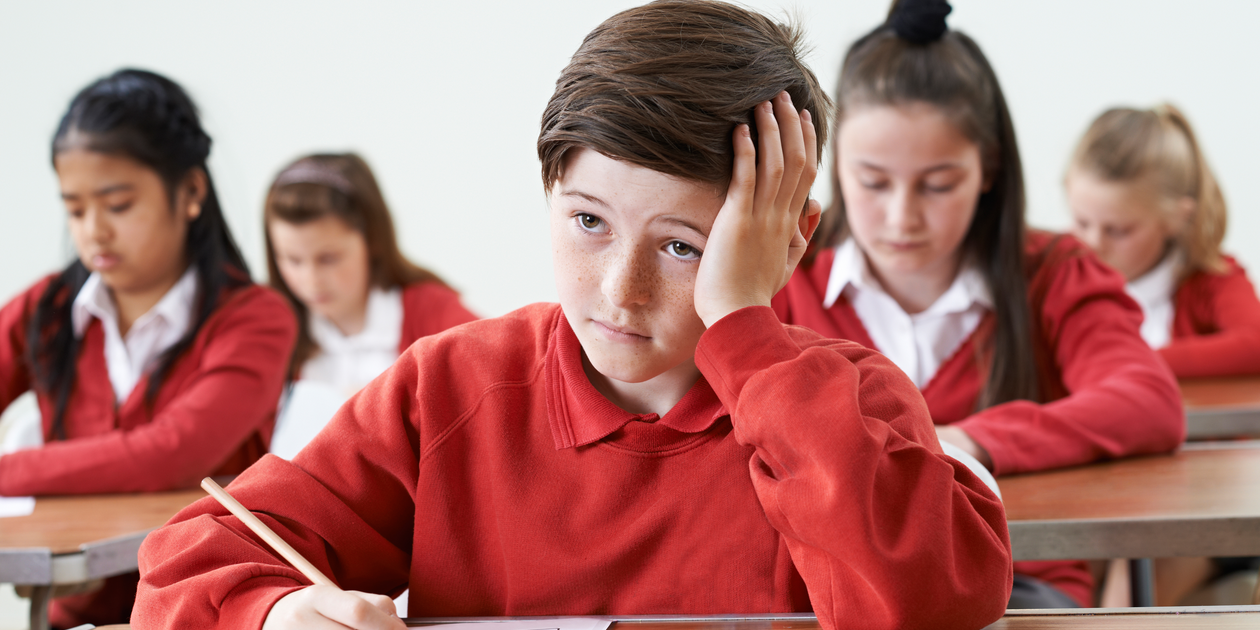The impact of loneliness during childhood and how to offer support
At the heart of our humanity is the desire to be known and understood. We crave social contact and yet so often struggle to find relationships of meaning and value. In addition to this struggle, the impact of the pandemic has led to enforced isolation and we've been deprived of the social interaction we so desperately need. Feelings of loneliness have been exacerbated and for many children and young people this has sadly been their reality.
What is loneliness?
Loneliness doesn’t always look like what we might imagine. When we look out for children who are lonely, we might be quick to think of those who play on their own or don’t appear to have many friends. The reality of loneliness for many children, however, is much deeper than that. Young people can feel they are alone, even if on the surface they aren’t, and those who look lonely might, in fact, just enjoy their own company.
Children and young people experience loneliness when their needs for social interaction and relationships are not met. They feel it when no one else seems to understand them or when they don’t feel listened to. When young people can’t find peers with similar interests or experiences, they can struggle to find connections and this leads to feeling alone.
Loneliness can also be compounded by other factors in a child’s life. Perhaps they have experienced a recent change or transition, a bereavement or loss of relationship. It may be that there has been a family breakdown or their friendships have changed. Experiences like these can feel hugely unsettling and can be something that others find hard to understand.

The impact of loneliness
The impact of loneliness on a young person can be far-reaching. It can affect their physical health along with their ability to develop social behaviour, even into adulthood. It can cause a child to be reluctant to try new things for fear of rejection or failure. Alternatively, it can increase risky behaviour, perhaps with teens who are try new things as a way of fitting in or making friends. One of the crucial areas it can impact is mental health.
It's often difficult to determine whether loneliness causes poor mental health or vice versa. Either way it is important to acknowledge that mental health issues and loneliness are inextricably linked. It has been suggested that feelings of loneliness can contribute towards problems such as depression, anxiety, low self-esteem and stress.
Identifying lonely children
Identifying those that need support isn't always easy, but there are some aspects that put certain children at greater risk of facing loneliness.
Here are some factors to look out for when seeking to support those who are lonely:
- Children and young people who find social interaction difficult
- Those who have fewer relationships outside of school (children like this may find the holidays especially hard)
- Those whose parents don’t interact or engage with them very much at home
- Those in minority groups
- Someone who has experienced discrimination or bullying
- Those who have experienced a form of abuse and who may find it harder to form relationships as a result
- Those in poverty who may be excluded from accessing certain services or out of school activities
- Those with special educational needs or disability
Children and young people can find it difficult to express how they are feeling. It may be that the children who are irritable, whiny, aggressive, withdrawn or who seem to push other children away, are actually behaving that way from a place of loneliness. so these children need to be on your radar too.
How to support those experiencing loneliness
When it comes to feeling alone, some children will seek out support for themselves, but unfortunately many won’t. Here are some ways you may be able to help those struggling with loneliness:
1. Start a conversation
One aspect of loneliness is that you feel like no one else understands you. One way to help children who are feeling like this, is to open up a dialogue so that they have the opportunity to share their experiences. Ask them about their friendships and life at school. Ask them what could be done to make them feel less lonely.
2. Seek to show empathy
For children to feel valued and accepted, it’s important they feel listened to and understood. When speaking with them, try to imagine what life is like for them. We can’t always fix children’s problems but we can help to reassure them that their feelings are okay.
3. Take an interest in them
One of the biggest ways to care for children and young people, whatever they are experiencing, is to take an interest in them. As we thought about earlier, it is in our nature to want to be known and understood. So, ask them how they are and ask questions about things they are interested in. Building connections with young people helps increase their self-esteem, resilience and social skills.
4. Find ways to teach friendship and social skills
Often children are lonely because they don’t know how to make or maintain meaningful relationships. If you're a teacher, consider making this part of your curriculum. You could involve group activities and collaborative working to help them develop their skills further. If you're a parent, make sure you have regular conversations, and be sure to model these skills in your own interactions.
5. Signpost them to support
Sometimes, the best way you can help a child or young person is to recognise when they need professional support. This could be by referring them to a school mentor or pastoral worker, or to a school support group that brings lonely children together. It may be that counselling could be the answer, either at school, or privately.

- General mental health (32)
- Counselling (25)
- Anxiety (11)
- Generalised anxiety (10)
- Depression (7)
- Anger (4)
- Relationship Issues (4)
- Self-Harm (4)
- Suicidal Thoughts (4)
- Autism (3)
- Classroom Behaviour (3)
- Eating Disorders (3)
- Eating Issues (3)
- Loss (3)
- Phobias (3)
- Safeguarding (3)
- School Issues (3)
- LGBTQ+ (2)
- SEMH (2)
- SENCOs (2)
- Secondary & Sixth Form Schools (2)
- AAC (1)
- Absenteeism (1)
- Autism Support (1)
- Looked After/Adopted (1)
- OCD (1)
- Primary Schools (1)
- Social Communication (1)
- Trauma (1)
You may also like
These related stories

Supporting students to overcome anxiety: an interview with Kemi Omijeh

Understanding Gender Identity
